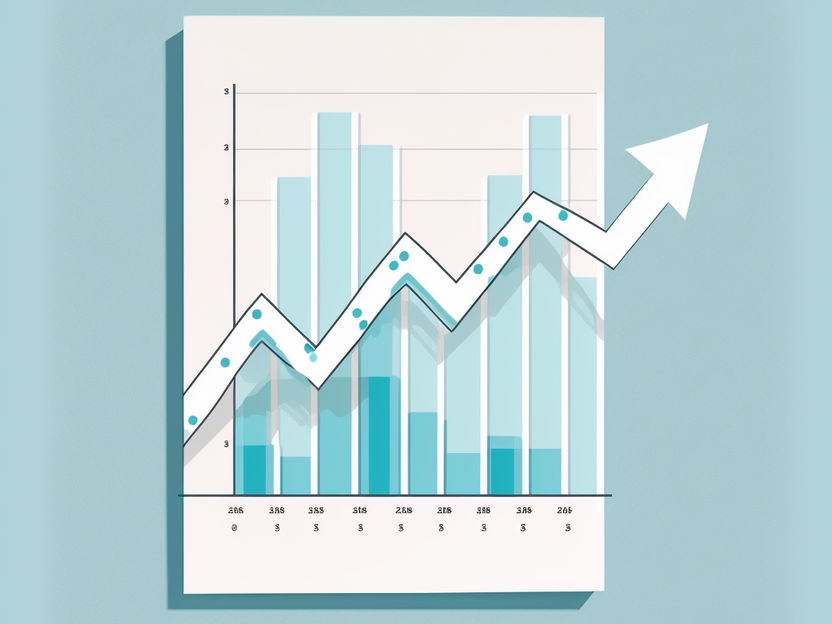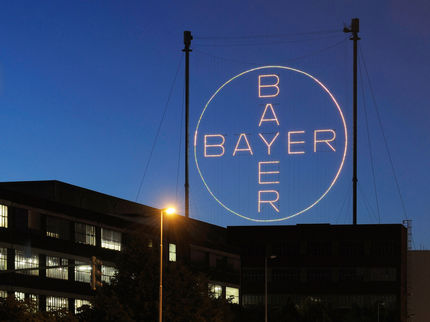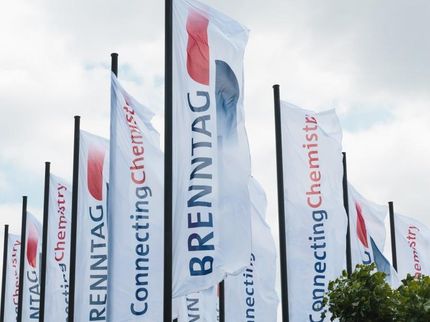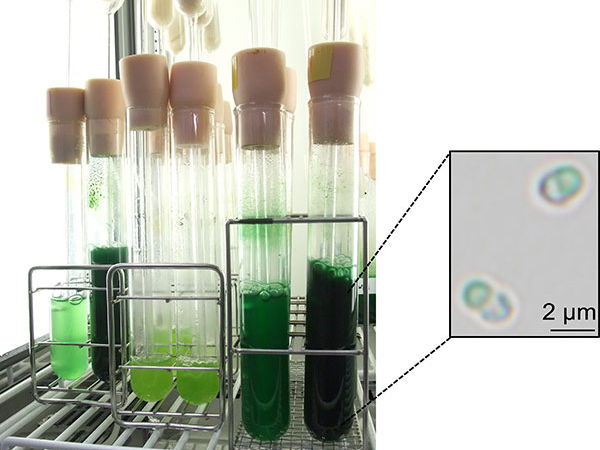WACKER ends 2022 with new highs for sales and earnings
The polysilicon business performed particularly well
Wacker Chemie AG set new sales and earnings records in 2022. According to preliminary figures, the Munich-based chemical Group’s sales came in at €8.21 billion last year, an increase of 32 percent over 2021 (€6.21 billion). Higher selling prices were the main factor in this year-over-year growth. Sales also benefited from positive exchange-rate effects due to the stronger US dollar. On the other hand, overall volumes were down somewhat versus the previous year, dampening sales.

Symbolic image
Computer-generated image
The Group’s preliminary earnings before interest, taxes, depreciation and amortization (EBITDA) reached €2.09 billion in 2022 (2021: €1.54 billion), up 35 percent. In addition to higher prices, cost savings from the Group’s ongoing efficiency programs had a positive impact on operating performance. On the other hand, the sharp increase in energy, raw-material and logistics costs reduced EBITDA by around €1.3 billion year over year.
Because of the effects described above, earnings before interest and taxes (EBIT) grew by 49 percent to around €1.69 billion (2021: €1.13 billion). Depreciation and amortization came in at about €400 million, on par with the prior year (€404 million). Net income for 2022 was around €1.29 billion (2021: €828 million).
“All of our business divisions contributed to last year’s strong sales growth,” said CEO Christian Hartel. “Although demand slowed noticeably in some customer sectors in the second half of the year, we achieved substantially higher prices for our products than in 2021. That also helped us to offset sharp cost increases, especially for energy, but also for raw materials and logistics.”
Looking at current trading conditions, Hartel was conservative: “In numerous application areas, the weakening economy is already affecting customer order trends. We see signs of a slowdown, particularly in the construction industry, but also with silicones in other industries. In general, many customers are running down their inventories and currently remain cautious, even though they expect demand to pick up again in the course of the year.”
As Hartel explained, inventory drawdowns by customers in the fourth quarter had had a noticeable effect on WACKER’s sales and earnings, in line with the general trend in the entire chemical industry. That was especially the case in the silicones segment. On top of that, domestic demand in China remained below its potential due to pandemic-related restrictions. “Outside of China, that has resulted in growing import pressure and falling prices,” said Hartel. Prices of specialty silicones, on the other hand, had remained largely stable, he said.
Thanks to the efficiency gains of recent years, WACKER was never-theless in a very strong position, as Hartel emphasized: “In the past three years we have generated total net cash flow of about €2 billion, we have high liquidity, and are free of debt. That is why I am confident WACKER will remain successful even amid the tougher economic conditions to come.” What is more, Hartel added, it was quite possible the global economy would gradually rebound after the Chinese New Year holiday, depending on the trend in Covid infections.
Capital Expenditures, Net Cash Flow and Net Financial Assets
According to preliminary figures, WACKER’s capital expenditures came in at €545 million in 2022 (2021: €344 million), a year-over-year increase of 58 percent. The investment focus was on expanding capacity at all four business divisions.
Net cash flow for 2022 totaled some €435 million (2021: € 761 million). This year-over-year decline of 43 percent was due to a sales-related increase in working capital and higher capital expenditures.
As of December 31, 2022, WACKER posted net financial assets of around €410 million (Dec. 31, 2021: €547 million).
Business Divisions
In 2022, WACKER posted significantly higher sales across all its business divisions due to improved selling prices. The polysilicon business performed particularly well.
WACKER SILICONES achieved annual sales of €3.45 billion, surpassing the prior-year figure of €2.60 billion by 33 percent. WACKER POLYMERS generated sales of €2.00 billion in 2022 (2021: €1.67 billion), up 20 percent. WACKER BIOSOLUTIONS grew its sales by 11 percent to €330 million (2021: €296 million). At €2.28 billion, WACKER POLYSILICON’s annual sales were 49 percent higher than a year earlier (€1.53 billion).
EBITDA differed from division to division in 2022, with WACKER recording substantial increases for polysilicon, silicones and polymer products. EBITDA at WACKER BIOSOLUTIONS, on the other hand, was markedly lower year over year. Cost savings from the Group’s ongoing efficiency program strengthened EBITDA at every division.
WACKER SILICONES generated EBITDA of €875 million in 2022 (2021: €553 million), up 58 percent. In addition to better selling prices for silicones, the division also benefited from the ever-increasing share of high-margin specialty products in its portfolio. Beyond that, the reversal in the fourth quarter of an impairment loss on an equity-accounted joint venture in China increased WACKER SILICONES’ EBITDA by around €70 million.
At WACKER POLYMERS, EBITDA came in at €285 million (2021: €253 million). This increase of 13 percent was primarily due to the significant year-over-year rise in selling prices, but product-mix effects and changes in exchange rates also had a positive impact on the division’s EBITDA.
WACKER BIOSOLUTIONS generated EBITDA of €15 million last year (2021: €39 million). This decrease of 61 percent year over year was attributable mainly to the outage of a production facility at the Burghausen site during the first few months of last year, to a customer failing to meet its contractual payment obligations, and to integration and upfront costs for the San Diego and Halle sites.
In 2022, WACKER POLYSILICON benefited from particularly good prices for solar-grade silicon, growing its EBITDA by 25 percent to €820 million (2021: €657 million). Prices for electronic-grade silicon also rose year over year and the share of this product in the total sales volume grew further.



























































